Lügen die Dichter? Poetische und diskursive Er-Kenntnis
Main Article Content
Abstract
The article considers the question whether poets lie against the background of the possible difference between poetical and discursive knowledge. Starting from Plato’s thesis, namely that poets lie, the article refers to Rorty, who, in contrast to Plato and with the example of Nabokov, recognizes in poetry a special kind of knowledge. It is opposed to discursive knowledge, which is closely related to prose. In the second part Parmenides’ didactic poem “On Nature” is seen as an example of proposing discursive truth in poetic words. Heidegger read Parmenides’ poem as a case for the evidence of truth in non-ambiguous poetical words (cf. the example “a-letheia” – un-concealedness, truth). Popper, however, interpreted the same text very differently, namely as a critical reference to the principal ambi- guity of the word in human language and as the first known instance of the presentation of the deductive method. In this context the works of Nietzsche and Solov’ev are seen as opposed to each other, as Nietzsche in “Zarathustra” identi- fied philosophical and poetical knowledge, whereas Solov’ev in his main work kept them separate from each other. The last part of the article studies the relation of poetical and discursive knowledge in poems of Gennadij Ajgi with their closeness to the dream, of Vera Stepanova with the intriguing opening to the co- presence of the Poetical I and the Other in one and the same word and of Durs Grünbein, who exposes the ambiguity of poetical language as a means to show that even untruth can open a way to come to truth. Then the lie of poetical words can be their way to say the truth.

